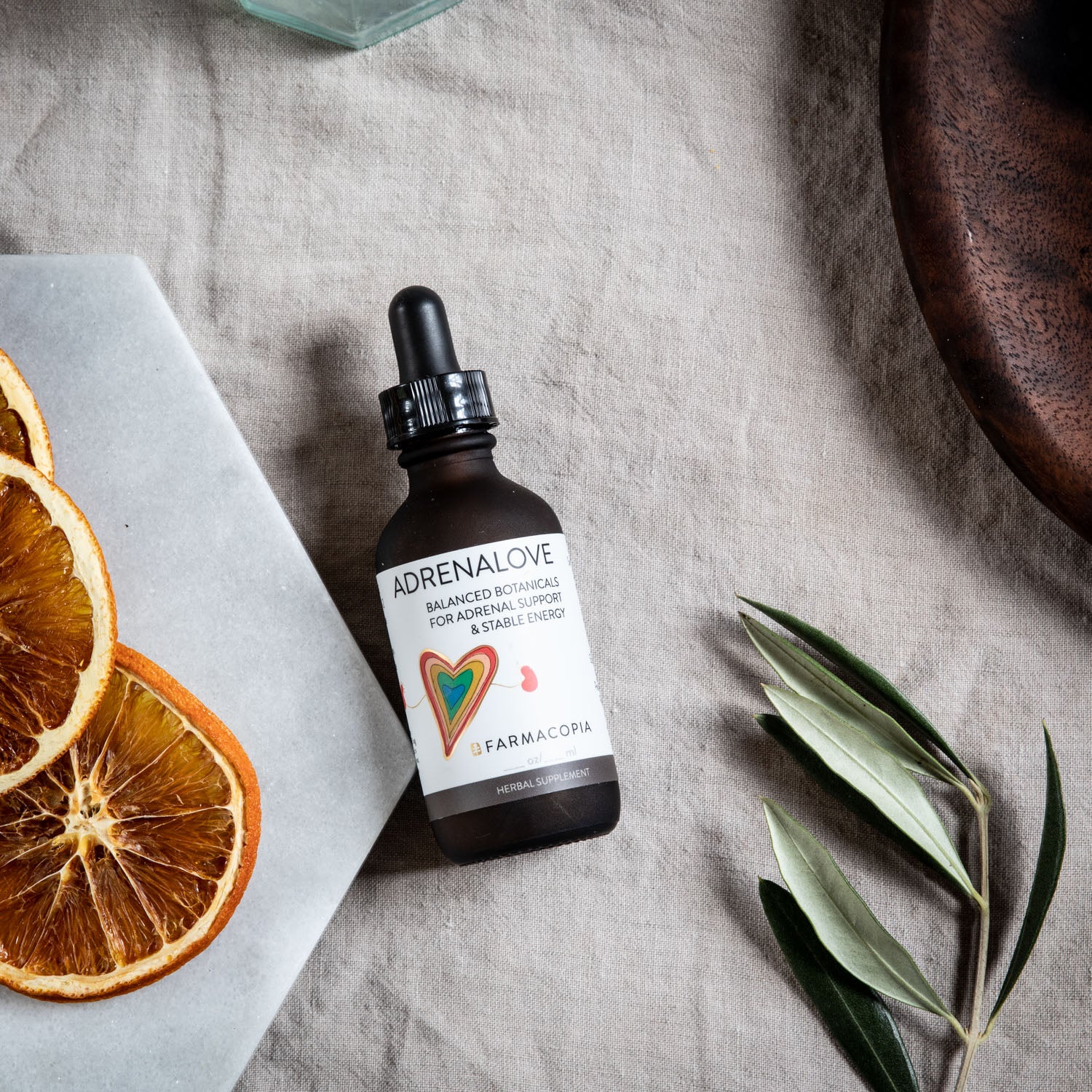In recent years, the spotlight in the health and wellness community has increasingly focused on the gut microbiome – the complex ecosystem of microorganisms living in our intestines. Among these beneficial bacteria, Akkermansia has emerged as a superstar, showing remarkable potential in promoting gut health and improving metabolism. This blog post delves into the world of Akkermansia probiotics, exploring their role, benefits, and why they are increasingly seen as crucial for overall well-being.
What is Akkermansia?
Akkermansia muciniphila is a type of bacteria that naturally resides in the human gut. Unlike other probiotics that are often introduced into the body through foods or supplements, Akkermansia is a native inhabitant of our microbiome. It thrives in the mucus layer of the intestine, playing a significant role in maintaining gut integrity and function.
The Role of Akkermansia in Gut Health
Akkermansia has several notable functions in the gut:
- Mucus Layer Maintenance: It helps maintain the all-important mucus layer, which is crucial for protecting intestinal cells and preventing harmful bacteria from causing infections.
- Anti-inflammatory Properties: Akkermansia has been linked to reduced inflammation in the gut, which is beneficial for conditions like inflammatory bowel disease (IBD) and irritable bowel syndrome (IBS).
- Gut Barrier Integrity: By strengthening the gut barrier, Akkermansia helps prevent harmful substances from leaking into the bloodstream – a condition known as “leaky gut.”
Akkermansia’s Impact on Metabolism
Akkermansia has also garnered significant attention for its potential role in improving metabolic health. Its mechanisms of action in conferring metabolic benefits are multifaceted and involve intricate interactions with the host's (that’s you!) physiology. Here are some key aspects of how Akkermansia may positively influence metabolism:
- Improving Gut Barrier Function: I’ll say it again: the gut is the core of our being. A strong gut barrier prevents harmful substances and pathogens from entering the bloodstream, reducing metabolic endotoxemia, a condition linked to metabolic disorders like obesity and diabetes.
- Modulating Inflammation: Chronic low-grade inflammation is a hallmark of several metabolic disorders. Akkermansia has been shown to have anti-inflammatory properties.
It can modulate the immune response, reducing systemic inflammation, which is often a contributing factor to insulin resistance and other metabolic complications.
- Regulating Fat Storage and Energy Expenditure: Studies have suggested that Akkermansia can influence the way the body stores and uses fat. It may enhance the expression of fasting-induced adipose factor (FIAF), which inhibits lipoprotein lipase activity. This inhibition can reduce fat storage in adipocytes (fat cells) and increase the release of fatty acids for energy production, thus potentially helping in weight management and improving metabolic health.
- Impacting Glucose Metabolism: Akkermansia has been associated with improved glucose homeostasis. It can influence the secretion of gut peptides involved in insulin sensitivity, leading to better control of blood sugar levels. Improved insulin sensitivity is crucial for preventing and managing type 2 diabetes.
- Bile Acid Metabolism: Akkermansia can also affect the metabolism of bile acids, which are essential for fat digestion and also act as signaling molecules affecting metabolism. Changes in bile acid composition and signaling can influence lipid and glucose metabolism, thus contributing to metabolic health.
Increasing Your Akkermansia Levels
So how do we get more of this good stuff in our guts?
There are a few potential ways to optimize Akkermansia levels. The first approach is enhancement based–that is, encouraging the growth and maintenance of native Akkermansia populations with diet and lifestyle.
- High-Fiber Foods: Consuming a diet rich in fruits, vegetables, and complex carbohydrates can promote Akkermansia growth.
- Polyphenol-Rich Foods: Foods like berries, nuts and green tea, which are high in polyphenols, have been shown to increase Akkermansia levels. Polyphenols are also available in supplement form.
- Avoiding Excessive Antibiotics: Since antibiotics can disrupt the gut microbiome, their judicious use is essential for maintaining healthy Akkermansia populations.
What about supplementing?
Until just recently, Akkermansia probiotics were not readily available on the market. Now it’s possible to take Akkermansia and encourage it to flourish in your gut with polyphenol supplementation. You might want to consider supplementation if:
- Your gut has been negatively impacted by antibiotics
- You took a microbiome test and your Akkermansia populations were low
- You are experiencing metabolic challenges or major hormonal transitions that can affect the gut, lke perimenopause or menopause.
- You have chronic gut issues that haven’t responded to other probiotics

